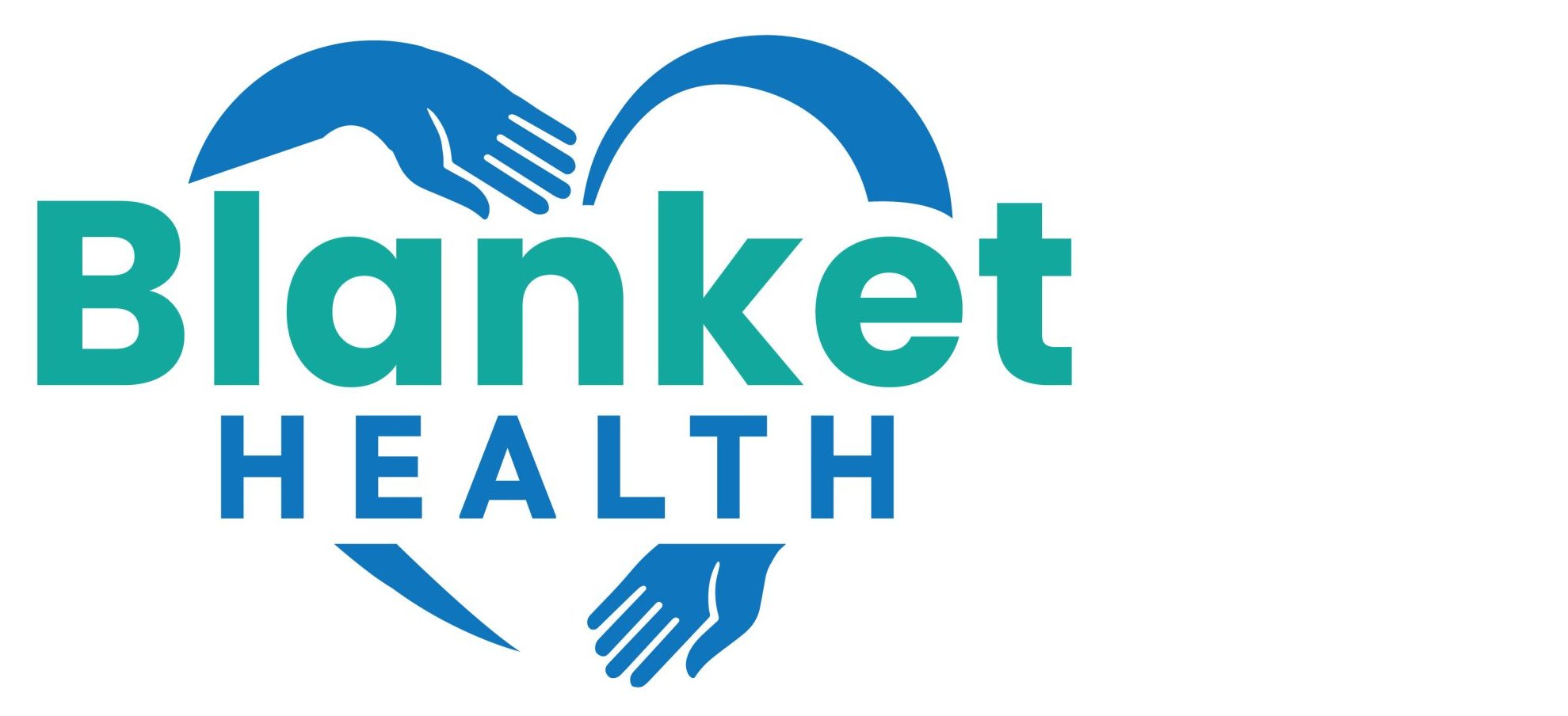HIV (Human Immunodeficiency Virus) is a global health concern that has affected millions of people worldwide. Early detection and treatment are crucial for managing the virus effectively. HIV testing plays a pivotal role in this process, offering individuals the opportunity to know their status and seek appropriate care. In this article, we will explore HIV testing, its significance, the types of tests available, and the importance of widespread access to testing services.
I. Understanding HIV
A. What is HIV?
HIV is a virus that attacks the body’s immune system, specifically CD4 cells (T cells), which help the immune system fight off infections. If left untreated, HIV can lead to AIDS (Acquired Immunodeficiency Syndrome), a condition where the immune system becomes severely damaged, making the body susceptible to opportunistic infections and certain cancers.
B. Modes of Transmission
HIV is primarily transmitted through:
- Unprotected sexual intercourse with an infected person.
- Sharing needles or syringes with someone who has HIV.
- Receiving contaminated blood products or organ transplants.
- From mother to child during childbirth or breastfeeding.
II. The Significance of HIV Testing
A. Early Detection
HIV testing allows for the early detection of the virus. Early diagnosis is crucial because it enables individuals to start treatment promptly. Antiretroviral therapy (ART) can effectively suppress the virus, allowing individuals with HIV to lead healthy lives and reducing the risk of transmitting the virus to others.
B. Prevention
Knowing one’s HIV status is vital for prevention. Individuals who are aware that they are HIV-positive can take steps to prevent transmission to others. This includes practicing safe sex, using clean needles and syringes, and, for pregnant individuals, taking measures to prevent mother-to-child transmission.
C. Reducing Stigma
HIV testing can help reduce stigma associated with the virus. Open conversations about HIV and regular testing can contribute to a more informed and understanding society. Reducing stigma encourages more people to get tested and seek care when needed.
III. Types of HIV Tests
A. Antibody Tests
- Rapid Antibody Test: This test provides results within minutes using a blood or oral fluid sample. It detects antibodies produced by the immune system in response to HIV infection. However, it may not detect the virus immediately after infection (the “window period”).
- ELISA (Enzyme-Linked Immunosorbent Assay): ELISA is a laboratory-based test that detects HIV antibodies. It is highly accurate and often used as the initial screening test.

B. Combination (Fourth-Generation) Tests
These tests can detect both HIV antibodies and antigens (proteins produced by the virus). They have a shorter window period than antibody tests alone, making them more effective for early detection.
C. Nucleic Acid Tests (NAT)
NATs detect the genetic material of the virus (RNA or DNA) and are highly sensitive. They are primarily used for early diagnosis in high-risk situations, such as after potential exposure to the virus.
D. Home HIV Testing Kits
These kits allow individuals to test themselves in the privacy of their own homes. They typically involve collecting a blood sample or swabbing the mouth and then sending the sample to a laboratory for testing.
IV. The Importance of Widespread Access to HIV Testing
A. Normalizing Testing
Promoting HIV testing as a routine part of healthcare can help normalize the process. When individuals perceive testing as a regular health check, they are more likely to get tested and stay informed about their HIV status.
B. Targeted Testing
Efforts should be made to reach populations at higher risk of HIV, including men who have sex with men, people who inject drugs, and individuals from communities with a higher HIV prevalence. Targeted testing campaigns can help identify infections earlier and provide necessary support.
C. Reducing Disparities
Access to HIV testing should be equitable. Efforts to reduce disparities in testing rates among different demographic groups, including racial and ethnic minorities, can contribute to better health outcomes.
D. Promoting Prevention and Education
HIV testing programs can serve as opportunities for education and prevention counseling. This can empower individuals with knowledge about safer sex practices, needle exchange programs, and the importance of regular testing.
V. Overcoming Barriers to Testing
A. Stigma and Discrimination
Stigma remains a significant barrier to HIV testing. Many individuals fear social or familial rejection, discrimination, or violence if their HIV status is disclosed. Efforts to combat stigma through education and community support are essential.
B. Lack of Awareness
Many people are not aware of the importance of HIV testing or may not perceive themselves as at risk. Public health campaigns and healthcare providers can play a critical role in raising awareness about testing.
C. Access to Testing Services
Access to testing services can be limited in certain regions or for specific populations. Expanding access through community-based testing centers, mobile clinics, and telehealth services can help bridge these gaps.
HIV testing is a fundamental tool in the fight against HIV/AIDS. It allows for early detection, prevention, and access to treatment and support services. Promoting widespread access to testing, reducing stigma, and raising awareness about HIV are essential steps toward achieving better health outcomes and ultimately ending the HIV epidemic. Encouraging individuals to get tested, know their status, and take proactive steps to protect themselves and others is a critical part of this effort.




 5. Attend Medical Appointments:
5. Attend Medical Appointments: Stigmatize: Avoid stigmatizing language, attitudes, or behavior. HIV is a medical condition, not a moral judgment.
Stigmatize: Avoid stigmatizing language, attitudes, or behavior. HIV is a medical condition, not a moral judgment.
